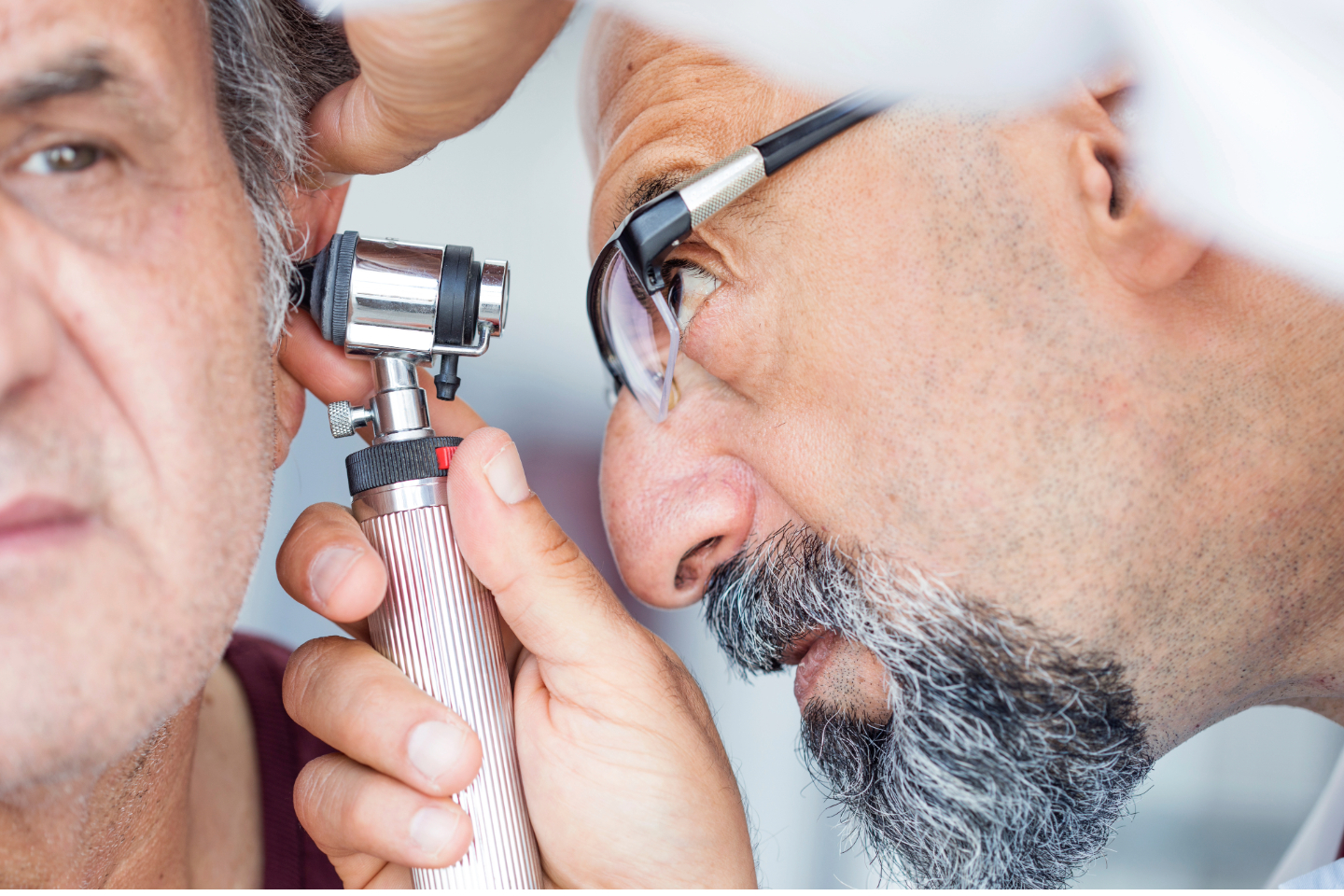Diagnostic Hearing + GP
Hearing health is a critical aspect of overall well-being, yet it’s often overlooked until problems arise. A diagnostic hearing test paired with a GP report provides a thorough evaluation of your auditory system, helping to identify issues early and guide appropriate treatment. Whether you’re experiencing hearing difficulties or simply want to monitor your hearing health, this combination of services offers a complete picture of your auditory well-being.
A diagnostic hearing test is a comprehensive evaluation of your hearing abilities, designed to identify the type, degree, and cause of hearing loss. Unlike basic hearing screenings, which only determine if hearing loss is present, diagnostic tests provide detailed insights into your auditory health.




Key Components of a Diagnostic Hearing Test
Measures your ability to hear sounds at different frequencies and volumes.
Evaluates how well you can understand spoken words, especially in noisy environments.
Assesses the function of your middle ear by measuring eardrum movement.
Checks the health of your inner ear by measuring sounds produced in response to stimuli.
Evaluates the electrical activity of the auditory nerve and brainstem, often used for diagnosing neurological hearing issues.
Who Should Consider a Diagnostic Hearing Test and GP Report?
1. Individuals Experiencing Hearing Difficulties
If you’ve noticed symptoms like muffled hearing, difficulty understanding speech, or ringing in the ears, a diagnostic hearing test and GP report can help pinpoint the cause.
2. People with a History of Ear Infections or Trauma
Frequent ear infections or past injuries to the ear can increase the risk of hearing loss. Regular evaluations are essential for monitoring your hearing health.
3. Those Exposed to Loud Noises
Occupational or recreational exposure to loud noises can damage your hearing over time. Early detection can prevent further deterioration.
4. Older Adults
Age-related hearing loss (presbycusis) is common. Regular hearing tests can help manage this condition effectively.
What to Expect During the Process
-
Initial Consultation
Your audiologist will discuss your hearing concerns, medical history, and lifestyle. This helps tailor the diagnostic hearing test to your needs.
Step 1
-
Diagnostic Hearing Test
You’ll undergo a series of tests to evaluate different aspects of your hearing. These tests are painless and non-invasive.
Step 2
-
GP Referral and Report
Your audiologist may refer you to your GP for a medical evaluation. Your GP will review the test results, conduct additional assessments if needed, and provide a detailed report.
Step 3
-
Results and Recommendations
Your audiologist and GP will work together to explain the results and recommend appropriate interventions, such as hearing aids, medical treatments, or lifestyle changes.
Step 4



The Benefits of Early Intervention
Improved Quality of Life
Addressing hearing issues early can enhance your ability to communicate, stay socially active, and maintain independence.
Prevention of Further Damage
Early detection allows for timely treatment, which can prevent hearing loss from worsening.
Cognitive Health
Studies show that untreated hearing loss is linked to cognitive decline and dementia. Early intervention can help protect your brain health.
Frequently Asked Questions
A diagnostic hearing test combined with a GP report is a powerful tool for safeguarding your hearing health. By identifying issues early and addressing both audiological and medical factors, you can take proactive steps to protect your hearing and improve your quality of life.
Adults should have their hearing tested every 3-5 years, or more frequently if they notice changes in their hearing.
Many insurance plans cover diagnostic hearing tests and GP consultations. Check with your provider for details.
Absolutely! Early detection of hearing issues in children is crucial for their speech, language, and academic development.
Your audiologist and GP will recommend appropriate interventions, such as hearing aids, medical treatments, or lifestyle adjustments.

Ready to take control of your hearing health?
Don’t wait—schedule your diagnostic hearing test today! Your ears deserve the best care.
